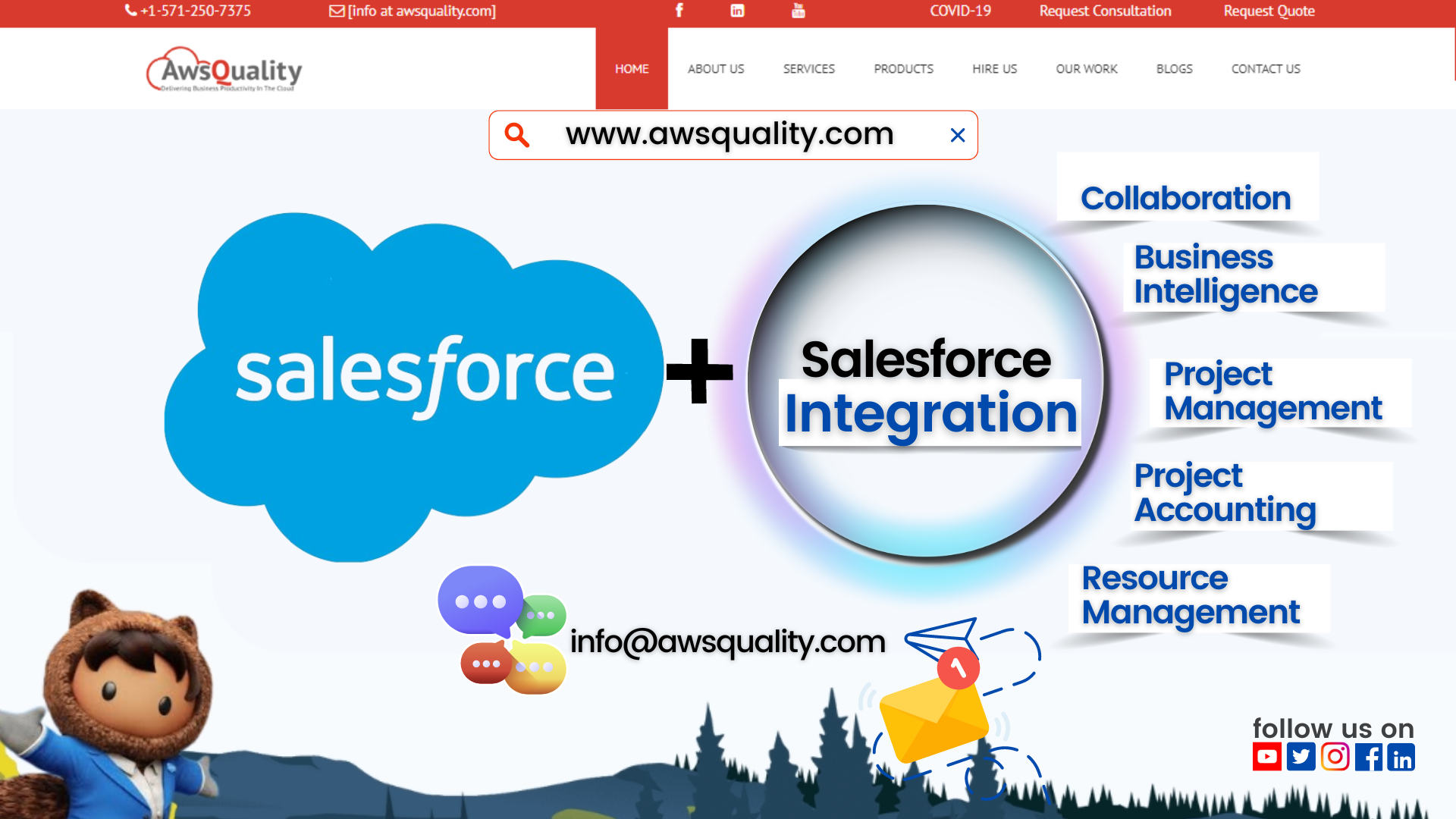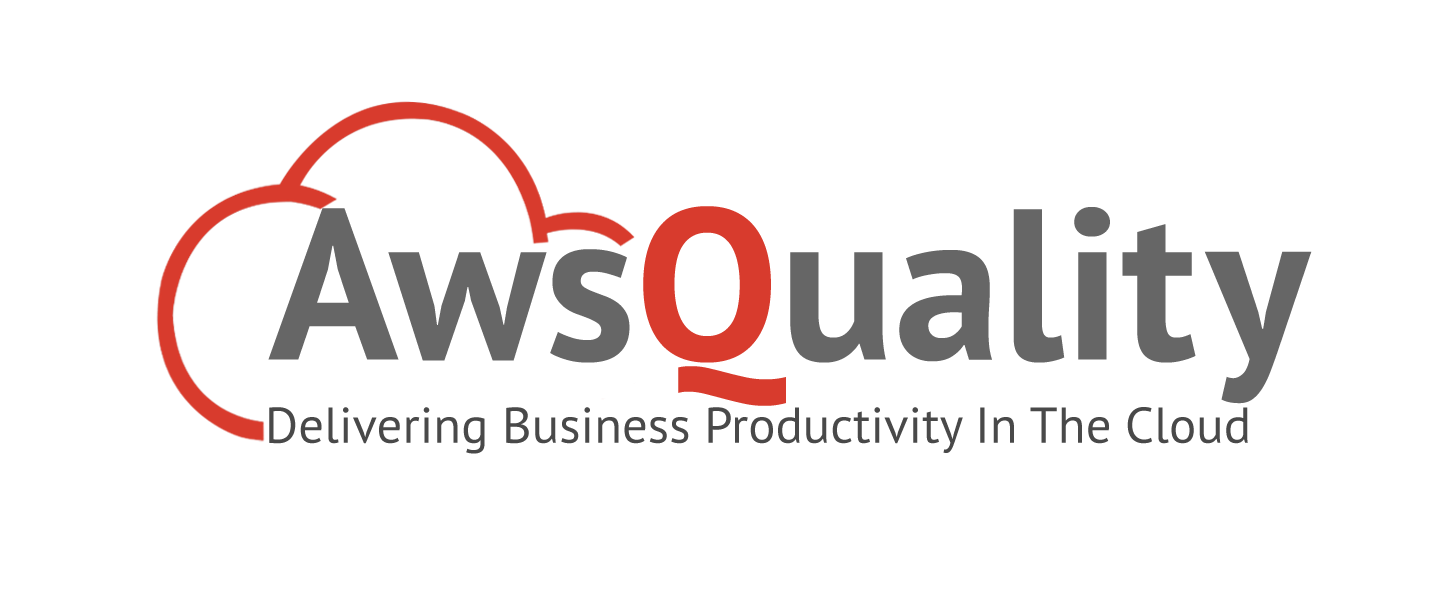
Salesforce integration is essential for harnessing the potential of customer relationship management (CRM) in today’s digitally-first corporate environment. Knowing Salesforce integration is crucial whether you’re a developer trying to broaden your skill set or a corporation trying to optimise operations. In order to establish a cohesive, effective workflow, Salesforce integration entails integrating Salesforce with different programs or systems. This tutorial will explain how Salesforce integration functions, the importance of hiring Salesforce integration developers, and potential roadblocks.
What Is Salesforce Integration?
The process of integrating Salesforce with other software programs to facilitate efficient data interchange and process automation is known as Salesforce integration. Because this connectivity eliminates human data entry and streamlines procedures, it guarantees data consistency across all platforms, increasing corporate efficiency.
There are several types of Salesforce integrations:
- Connectivity Point-to-Point: This is a straightforward connection between two systems, but when more than one system is involved, things get complicated.
- Hub-and-Spoke Integration: This technique manages several connections via a central hub, which simplifies the design.
- Enterprise Service Bus (ESB): A scalable approach in which a bus controls how different systems communicate with one another.
Methods of Integration
Salesforce provides a variety of integration techniques to meet various requirements:
Application Programming Interfaces, or APIs: Applications can communicate with one another through APIs like REST integration engine and SOAP, which makes Salesforce simple to integrate with external systems.
Mediddleware Fixes: Complex interfaces can be made simpler with the help of tools like MuleSoft, a Salesforce firm, especially for large-scale deployments.
Typical Salesforce Integration Use Cases
- Data Synchronisation: This process, which synchronises Salesforce with ERP systems, makes sure that customer data is consistent across various systems.
- Process Automation: This refers to the automation of operations like order processing and marketing automation that are spread across several systems.
- Enhanced Functionality: Salesforce’s capabilities are improved by integrating it with other programs, such as e-commerce platforms or marketing tools.
Why Hire Salesforce Integration Developers?
When it comes to integrating Salesforce with other systems, hiring skilled Salesforce integration developers is crucial. Here’s why:
1. Expertise in Complex Integration
Salesforce can be tailored by an integration developer to meet your company’s demands. Salesforce integration developers specialise in connecting Salesforce with a wide array of other platforms, ensuring seamless communication and data flow. They are proficient in API configurations and middleware tools like MuleSoft, helping businesses avoid common integration pitfalls.
2. Customised Solutions
A Salesforce integration developer can customise Salesforce to align with your business needs. They provide tailored solutions that enhance the functionality of Salesforce and ensure the system scales as your business grows.
3. Enhanced Efficiency
By automating workflows and ensuring data consistency across platforms, developers can significantly improve your organisation’s efficiency. Error risk is decreased by real-time data synchronisation, which enhances decision-making.
4. Increased Productivity
Developers can greatly increase the productivity of your company by automating operations and guaranteeing data integrity across platforms. Synchronising data in real-time lowers the possibility of mistakes, enhancing decision-making.
5. Compliance and Data Security
Salesforce integration developers protect sensitive client data during and after integration by following best practices for data security. They also make that your systems abide by industry standards, which lowers the possibility of legal problems.
6. Economical Remedies
Time and money are saved by automating integrations, which lessen manual labor. Businesses can function more profitably in the long run with well-designed integrations.
A Salesforce Integration Developer’s Role
When it comes to making sure that your Salesforce system integrates with other products without a hitch, Salesforce integration engineers are essential. What they do is this:
API Context: These developers help Salesforce and other systems communicate by using Salesforce’s APIs (such REST and SOAP).
Middleware Utilisation: When dealing with more intricate integration activities, especially those involving numerous systems, developers make use of middleware products such as MuleSoft.
Bespoke Development: To meet certain integration requirements and guarantee seamless system operation, they build bespoke code, such as Apex.
Data Administration: Maintaining data consistency across all integrated systems is the responsibility of Salesforce integration developers, which is essential for companies that depend on precise data to make decisions.
Difficulties with Salesforce Integration
It can be difficult to integrate Salesforce into your current company ecosystem. The following difficulties frequently befall developers:
- Data Migration: To prevent data loss or discrepancies, the migration of data from legacy systems into Salesforce must be carefully planned and carried out.
- Quality of Data: Duplicate or inconsistent data necessitates continuous data validation procedures since it can produce inaccurate analytics and business insights.
- Complexity of Integration: API configurations and middleware setups can become complex when connecting many systems, necessitating the management and simplification of the architecture by qualified developers.
- Problems with Security: It is imperative to safeguard sensitive data during integration, especially in sectors that handle financial or medical data.
- Needs for Customisation: Because every company has different needs, developers must strike a balance between pre-built Salesforce features and specially designed ones.
- Data Synchronisation in Real-Time: Accurate reporting depends on maintaining real-time data synchronisation between Salesforce and other systems, but this can be difficult to set up properly.
Advantages of Integrating Salesforce
Many benefits come from integrating Salesforce with other systems:
Improved Efficiency: Time is saved and productivity rises when procedures are automated and manual data entry is decreased.
Better Data Quality: Reports and analytics are more reliable when there is data consistency across all platforms.
Enhanced User Experience: By offering a smooth user experience, integrated systems raise adoption and satisfaction levels.
Reduction in Cost: Businesses may reduce errors and save time and money by automating procedures.
Salesforce Integration Testing
Extensive testing is necessary when integration is finished to make sure everything functions as planned. Salesforce integration testing includes evaluating procedures, verifying the correctness of the data, and making sure that all connected systems are communicating as intended. Usually, testing consists of:
Functional Testing: Verifies that data flows as expected and that the integrated systems operate correctly.
Security Testing: Assures that private information is shielded during integration.
Performance Testing: Verifies that the system operates well in a range of scenarios, including high data volumes and high user traffic.
Hire Salesforce Integration Developers to Boost Your Company
The success of your integration project depends on hiring Salesforce integration experts with experience. Developers may make sure that your systems are communicating effectively, enhance the quality of your data, and assist you in avoiding typical integration-related problems.
Searching for the best Salesforce integration engineers to hire? AwsQuality Technologies is a top-tier Salesforce development company in the USA that specialises in Salesforce integration services.
With the aid of our team of qualified experts, you can integrate Salesforce seamlessly, improving the effectiveness and efficiency of your company’s operations.
We can assist you with streamlining your sales procedures, improving client satisfaction, or integrating Salesforce with other applications.
Conclusion:
Why Salesforce Integration Matters for Your Business
Salesforce integration is not a choice, but a need in a world where companies run on a variety of systems. You can realise Salesforce’s full potential and establish a seamless business ecosystem that benefits your company with the correct development team.
Our knowledgeable Salesforce integration services at AwsQuality Technologies assist companies increase productivity, improve data accuracy, and foster long-term success. Get in touch with us right now to find out how our Salesforce integration company might benefit your company.
Your company will be able to enhance customer satisfaction, boost profitability, and increase efficiency by establishing a cohesive environment. Get it in touch at info@awsquality.com for Recruit Salesforce integration developers right now to begin your transition to more intelligent and efficient processes.




